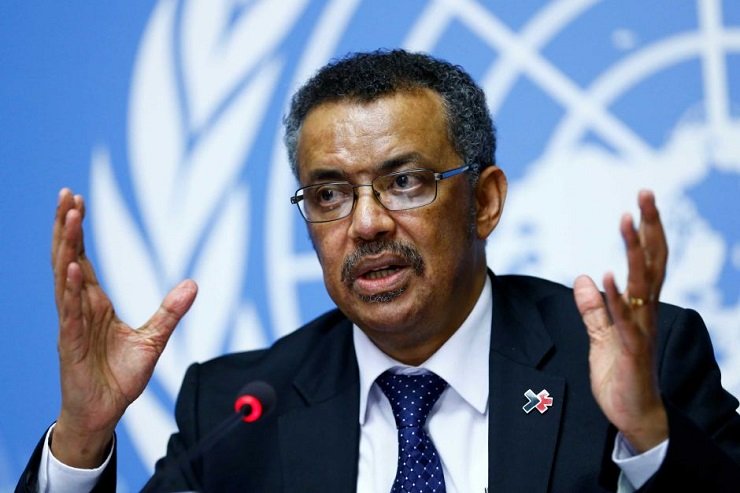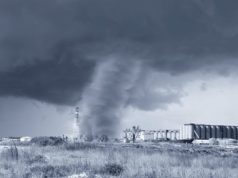He also said the fight against rumours and misinformation is a vital part of the battle against this virus.
But he didn’t specify the names of the countries.

“We see encouraging signs from the Republic of Korea. The number of newly-reported cases appears to be declining, and the cases that are being reported are being identified primarily from known clusters.”
Although a few countries are reporting large numbers of cases, 115 countries have not reported any cases. 21 countries have reported only one case, he said.
And 5 countries that had reported cases have not reported new cases in the past 14 days.
“The experience of these countries and of China continues to demonstrate that this is not a one-way street. This epidemic can be pushed back, but only with a collective, coordinated and comprehensive approach that engages the entire machinery of government,” he said.
He said WHO is calling on every country to act with speed, scale and clear-minded determination.
“Although we continue to see the majority of cases in a handful of countries, we are deeply concerned about the increasing number of countries reporting cases, especially those with weaker health systems.”
“However, this epidemic is a threat for every country, rich and poor. As we have said before, even high-income countries should expect surprises. The solution is aggressive preparedness. ”
He said he is concerned that in some countries the level of political commitment and the actions that demonstrate that commitment do not match the level of the threat we all face.
The World Bank and the International Monetary Fund have both made funds available to stabilize health systems and mitigate the economic consequences of the epidemic, with a special focus on enabling access to critical supplies and equipment.
“I had also a very fruitful discussion with the President of the African Development Bank.This is funding that is available now to countries who need it, in line with WHO’s Strategic Preparedness and Response Plan,” he said.





































